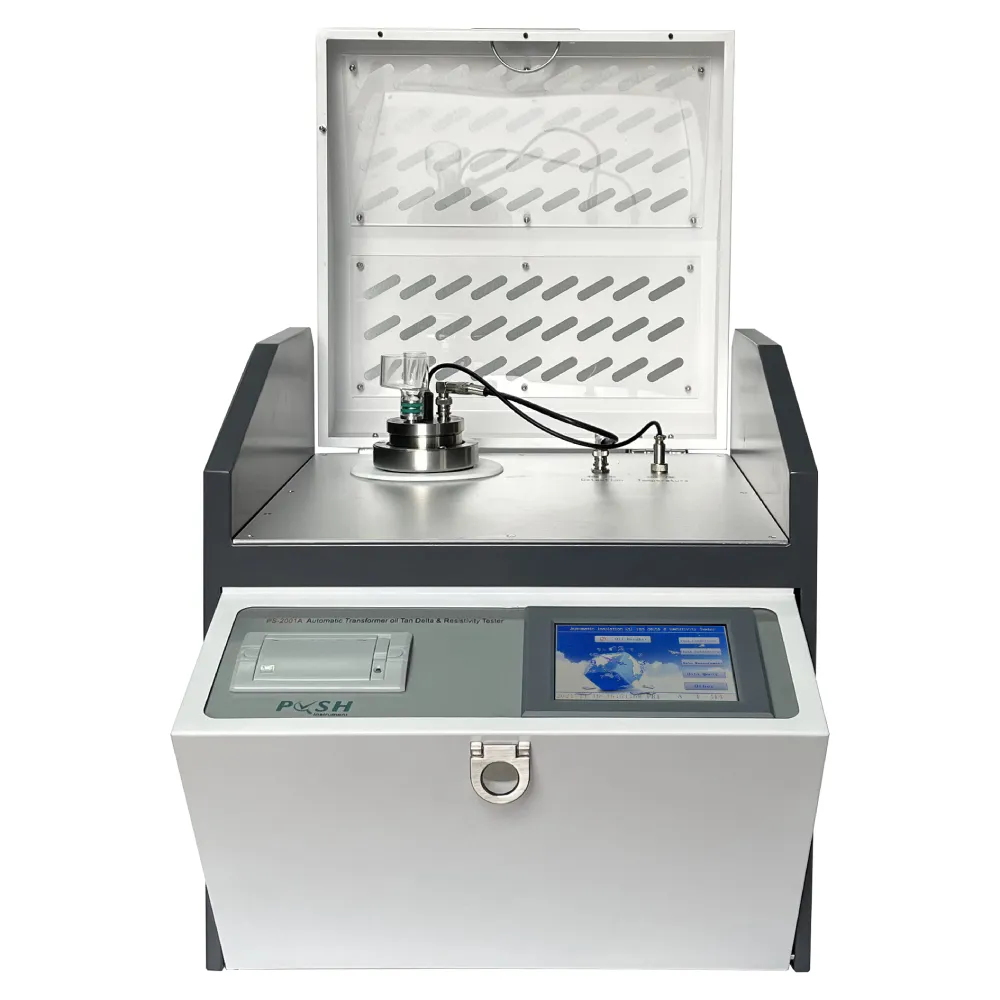 English
English


Power Quality Assessment
Power Quality Assessment Ensuring Reliable Electrical Systems
In our increasingly electrified world, power quality assessment has become a critical aspect of maintaining the integrity and reliability of electrical systems. Power quality refers to the characteristics of the electrical power supplied to consumers, encompassing factors like voltage stability, frequency, harmonics, and transients. These characteristics are crucial for the optimal performance of electrical devices and systems.
A poor power quality can lead to significant issues, including equipment malfunction, increased downtime, and financial losses for businesses. For example, electrical equipment that experiences voltage sags or swells may face operational disruptions. Sensitive electronics, in particular, require a stable electrical supply to function effectively, and deviations can result in data loss or equipment damage.
To mitigate these risks, power quality assessment employs various techniques and tools to monitor, analyze, and improve power supply conditions. The first step in power quality assessment is the measurement of key parameters using power quality analyzers. These devices record voltage and current waveforms, calculate power factor, and identify harmonic distortions. The data collected can be analyzed to pinpoint specific power quality issues.
power quality assessment

Common power quality problems include voltage flicker, harmonic distortion, and interruptions. Voltage flicker, a rapid change in voltage levels, can be problematic for sensitive lighting systems, causing visual discomfort. Harmonics, which result from non-linear loads like computers and LED lights, can distort the supply voltage and lead to overheating in electrical systems. Interruption events, even if brief, can have serious ramifications, particularly in industrial settings where production lines may halt.
Once these issues are identified through assessment, various solutions can be implemented. For instance, installing power conditioning equipment, such as voltage regulators, harmonic filters, or uninterruptible power supplies (UPS), can enhance power quality. Regular maintenance and monitoring are also crucial for preventing power quality issues from arising.
In conclusion, power quality assessment is essential for ensuring the reliable operation of electrical systems. By systematically measuring and analyzing power quality parameters, organizations can identify potential issues and implement solutions that protect their equipment and operations. As we move into a future where our dependency on technology continues to grow, the importance of power quality will only increase, making effective assessment strategies indispensable for businesses and consumers alike.
-
Differences between open cup flash point tester and closed cup flash point testerNewsOct.31,2024
-
The Reliable Load Tap ChangerNewsOct.23,2024
-
The Essential Guide to Hipot TestersNewsOct.23,2024
-
The Digital Insulation TesterNewsOct.23,2024
-
The Best Earth Loop Impedance Tester for SaleNewsOct.23,2024
-
Tan Delta Tester--The Essential Tool for Electrical Insulation TestingNewsOct.23,2024





